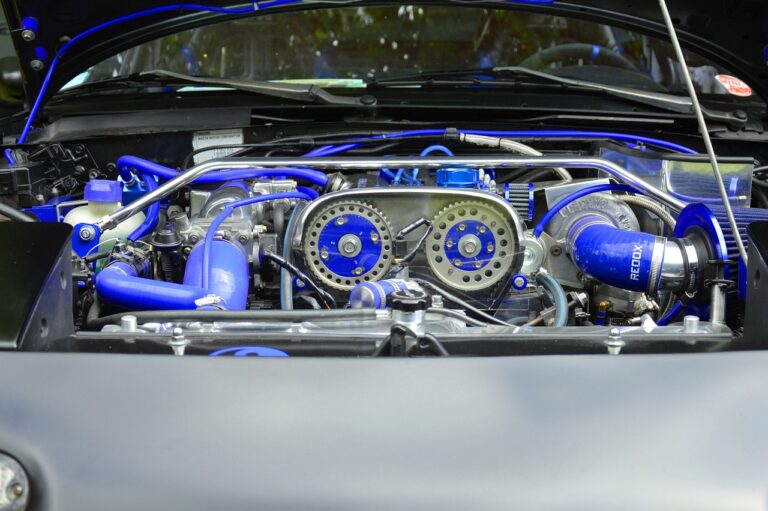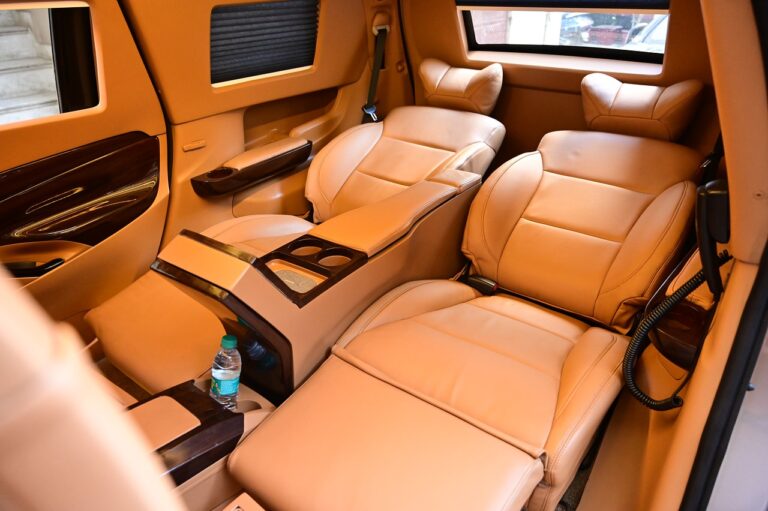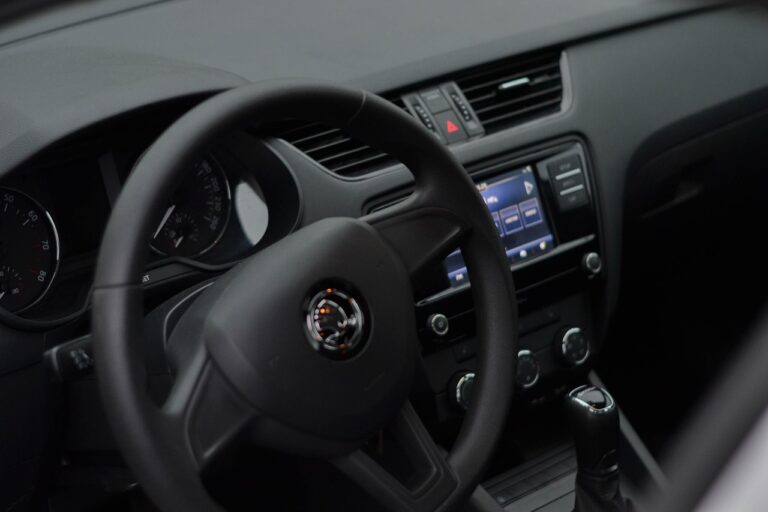How COVID-19 Has Changed the Automotive Manufacturing Landscape
sky247 login, gold365 betting, gold365:The COVID-19 pandemic has had a profound impact on industries worldwide, including the automotive manufacturing sector. From supply chain disruptions to changes in consumer behavior, the pandemic has forced automakers to adapt to a new reality. In this article, we will explore how COVID-19 has changed the automotive manufacturing landscape and what the future holds for the industry.
Supply Chain Disruptions
One of the most significant challenges that automakers have faced during the pandemic is supply chain disruptions. With factories shutting down, borders closing, and transportation systems being disrupted, many manufacturers have struggled to secure the parts and components they need to build cars. This has resulted in production delays and shortages of certain vehicles.
Shift to Digital Manufacturing
As a result of the pandemic, many automakers have accelerated their adoption of digital manufacturing technologies. From virtual reality simulations to 3D printing, automakers are finding new ways to design, prototype, and manufacture vehicles remotely. This shift to digital manufacturing not only helps to reduce the risk of infection for workers but also allows automakers to be more agile and responsive to changing market conditions.
Increased Focus on Sustainability
The pandemic has also brought about a renewed focus on sustainability in the automotive industry. With consumers becoming more conscious of their environmental impact, automakers are increasingly looking for ways to reduce their carbon footprint and incorporate eco-friendly materials into their vehicles. From electric cars to recycled plastics, sustainability is no longer just a buzzword it’s a key driver of innovation in the industry.
Rise of Contactless Technology
In response to the need for social distancing and hygiene measures, automakers have started incorporating contactless technology into their vehicles. From touchless payment systems to voice-activated controls, contactless technology has become a key selling point for many automakers. This trend is likely to continue in the post-pandemic world as consumers prioritize safety and convenience in their vehicles.
Shift to Localized Production
The pandemic has also highlighted the vulnerabilities of relying on global supply chains. As a result, many automakers are reevaluating their manufacturing strategies and considering shifting production closer to home. By producing vehicles locally, automakers can reduce the risk of disruptions and better serve regional markets. This shift to localized production could have far-reaching implications for the automotive industry.
Investment in Automation
In order to minimize the risk of infection and ensure the health and safety of their workers, many automakers are investing in automation technologies. From robotic assembly lines to autonomous vehicles, automation is becoming increasingly prevalent in the automotive manufacturing process. While automation may lead to job losses in the short term, it also has the potential to increase efficiency, reduce costs, and improve quality in the long run.
The Future of Automotive Manufacturing
The COVID-19 pandemic has forced automakers to rethink their business models, embrace new technologies, and prioritize sustainability and safety. As we look to the future, it’s clear that the automotive manufacturing landscape will continue to evolve in response to the challenges and opportunities presented by the pandemic. By adapting to these changes and embracing innovation, automakers can emerge stronger and more resilient in the post-pandemic world.
FAQs
Q: How has COVID-19 impacted car sales?
A: The pandemic has led to a decline in car sales due to economic uncertainty, supply chain disruptions, and changing consumer behavior. However, the shift to online sales and contactless technology has helped to mitigate some of the impact.
Q: What are some of the key trends shaping the future of automotive manufacturing?
A: Some of the key trends shaping the future of automotive manufacturing include digital manufacturing, sustainability, contactless technology, localized production, and automation.
Q: How are automakers addressing the challenges posed by the pandemic?
A: Automakers are addressing the challenges posed by the pandemic by implementing safety protocols, investing in digital technologies, and reevaluating their supply chain strategies. Additionally, automakers are focusing on sustainability and innovation to drive growth in the post-pandemic world.







